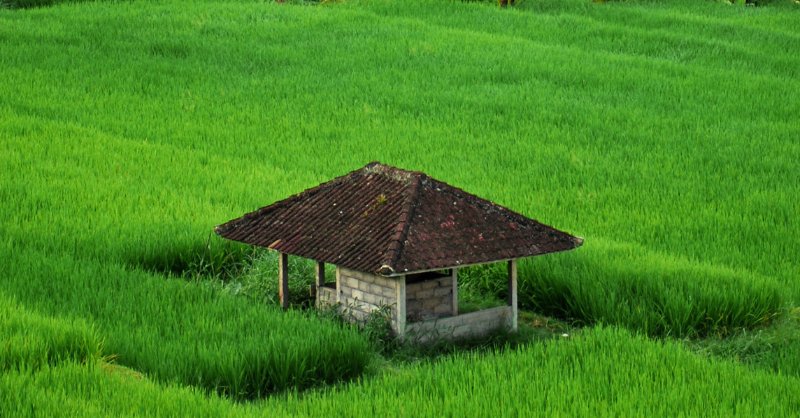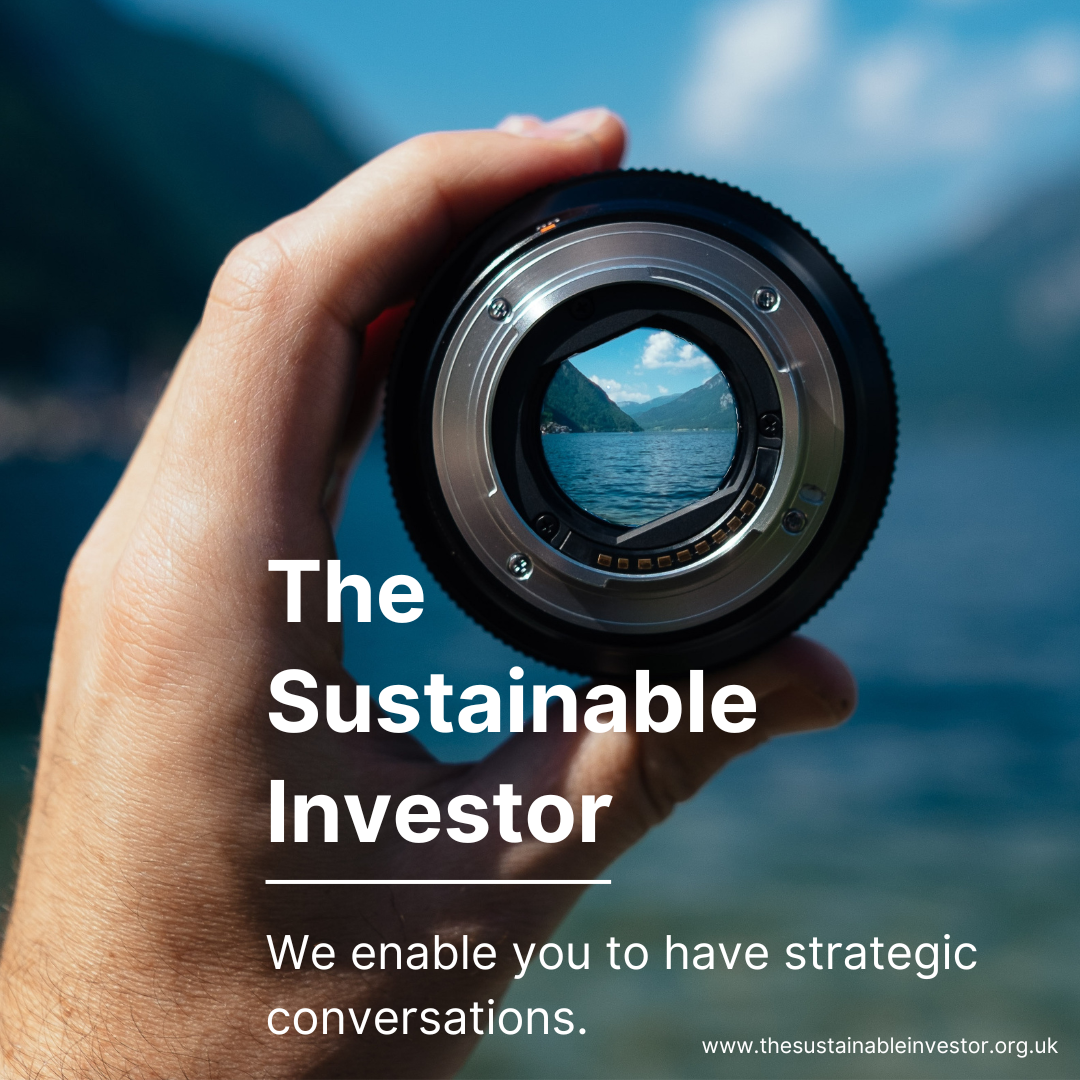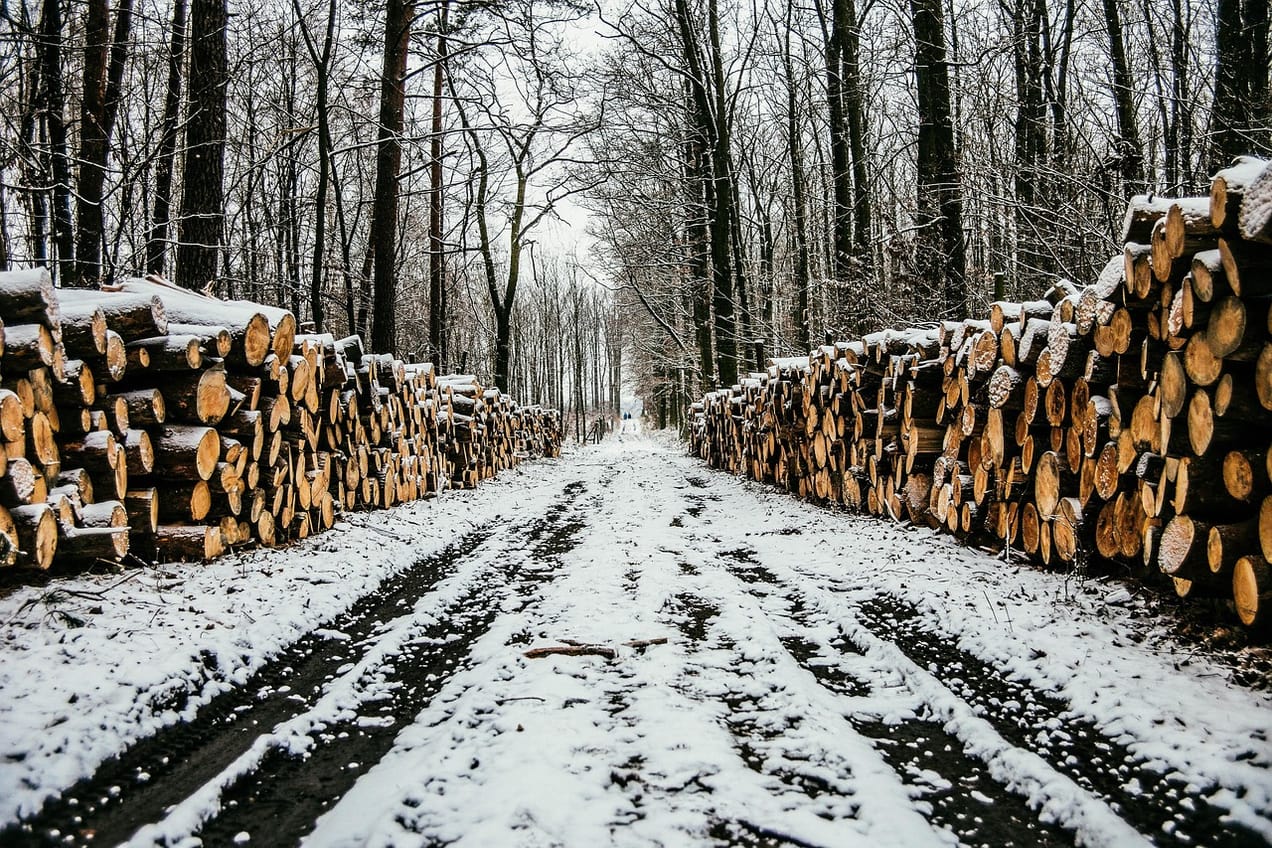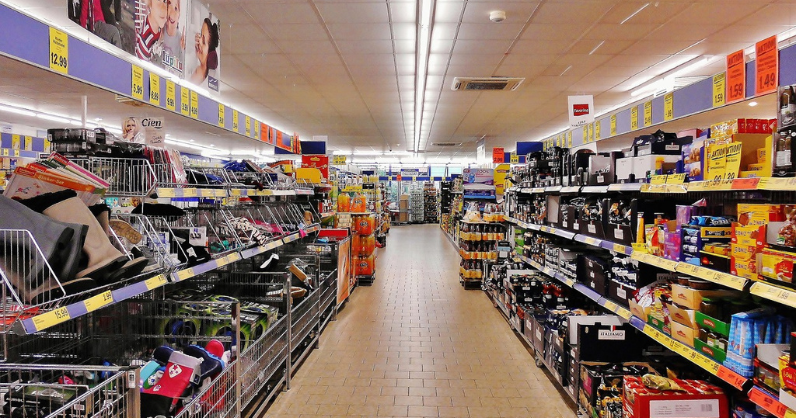
Rice: a perfect challenge for blended finance
The challenges we face in making rice more sustainable are a microcosm of the wider issues Sustainability Professionals face in agriculture. And the answer is probably blended finance.
Rice is arguably the world’s most important agricultural crop. Over half of the global population relies on it as their daily staple food; over a fifth depend on rice cultivation for their livelihood. But, rice production is also responsible for large amounts of methane emissions. And, rice growing consumes a high percentage of global irrigation water.
The challenges we face in making rice more sustainable are a microcosm of the wider issues Sustainability Professionals face in agriculture. We know most of the technological solutions, but we also know that they cannot totally fix the problem. And while some of the solutions can be delivered by companies, we also need governments and NGO's to be heavily involved. Most rice farmers are poor, and so are unable to invest in the changes needed. It sounds to us like the answer needs to be blended finance, where the public and private sectors work together.

The details
Summary of a story published in Greenbiz Foodstuff:
Rice is the world’s most important crop. Over half of the global population relies on rice as their daily staple food; over a fifth depends on rice cultivation for their livelihood. This is all according to the International Rice Research Institute and the U.S. Department for Agriculture.
But, rice production is also responsible for large amounts of methane emissions. According to the World Resources Institute, they equate to about 10 percent of global agricultural GHG emissions. And, rice growing consumes 40 percent of global irrigation water.
The good news is that promising work on sustainable rice farming is happening. The Lower Mississippi River Basin is home to two-thirds of U.S. rice fields, according to the Agricultural Research Service. Here, most rice grows in flooded fields, requiring large amounts of irrigation water. And when the water covers the soil, it prevents oxygen from passing through, creating perfect conditions for bacteria that break down organic matter and emit methane.
Benjamin Runkle, associate professor at the University of Arkansas, has been researching techniques that reduce water coverage, allowing soils to breathe, and hence cutting emissions. The method he’s most optimistic about is called alternate wetting and drying (AWD). Instead of continuously flooding fields, farmers let irrigated areas dry up for one or two days before pumping in the next round of water. "Our measurements show that you can reduce methane emissions by 64 percent without impacting yield when it’s done right," Runkle said. At the same time, water use falls by 20 to 40 percent. So relatively easy wins.
Why focus on more sustainable ways of growing rice?
Agriculture is what we think of as an Olive (the colour, not the fruit) industry, somewhere between Green renewables and Dirty/Brown fossil fuels. Why Olive ? While agri-food is a cause of many of our challenges (emissions, water use, fertiliser use, pollution etc), and one of the most high profile potential victims of the impacts of climate change, it also has the potential to materially contribute to solutions.
Part of this comes from natural carbon capture potential, while more comes from practices such as regenerative agriculture. Finally, there is massive potential from reducing food waste and from new agricultural practices.
Which is where rice comes in. We think its important that when we think about agri-food, we remember that its really important that we continue to feed the world. We cannot just stop growing rice.
And it's not just about how rice is grown, it's also about developing new varieties of rice, that enhance traits like nutritional content, yield, and stress tolerance. Scientists are developing rice varieties that can cope with adverse weather, so events such as floods, droughts, and extreme temperatures. Because we know that more extreme weather is going to be the norm.
One of the most significant breakthroughs in rice breeding is the use of genomic selection. This involves sequencing the DNA of rice plants to identify specific genes associated with traits such as disease resistance, drought tolerance, and high yield. By selecting plants with the desired genetic markers, breeders can significantly reduce the time required to develop new varieties. But these techniques do not come cheap.
Which brings us to who pays? As consumers become more informed, demanding more sustainable food products from their supermarkets, the companies involved in the rice value chain will become motivated to invest. Especially if sustainable rice can be sold at a premium.
But that only takes us part of the way to a solution. Most companies are unlikely to invest in small scale rice farming. We need governments and NGO's to get involved, training farmers in the new techniques, and making more resilient rice varieties available.
Which brings us to blended finance - where the private & public sectors co-invest. Or where government type entities with strong credit ratings provide guarantees and credit enhancements. And where the finance providers get paid if they hit both commercial and social objectives.
Which is why the research being carried out in these studies and elsewhere is important. There are some real benefits possible, but as well as the technology, we need to think just as hard about the trade offs and the barriers to adaption (not just in the US but across the developing world as well). For those investors looking for long term themes, this might not be an obvious one, but could be both financially and environmentally positive.
Something a little more bespoke?
Get in touch if there is a particular topic you would like us to write on. Just for you.
Contact us
Please read: important legal stuff.

